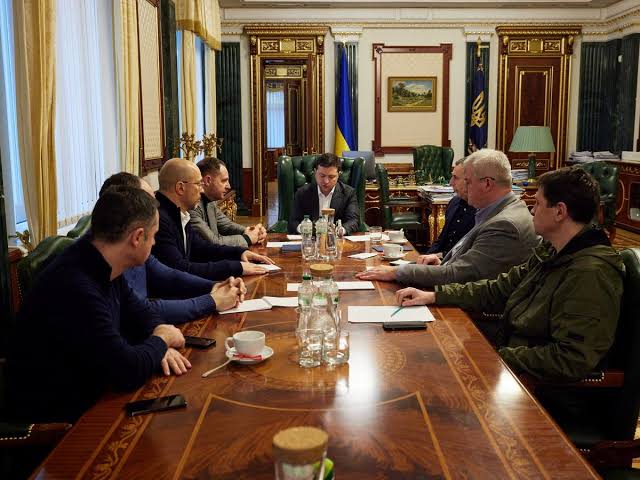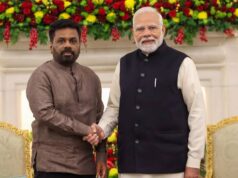Ukrainians support creation of national accord government

Attitudes are similar across all regions of the country, with 46% to 53% of respondents considering the initiative promising
The overwhelming majority of Ukrainians hold a positive or neutral attitude to the idea of forming a national unity government in Ukraine on the basis of a broad coalition of parliamentary and extra-parliamentary forces, the Kiev International Institute of Sociology said following a poll conducted on September 20-27.
According to the findings, 50% of respondents view the idea positively, 33% are neutral, and 13% perceive it negatively. Attitudes are similar across all regions of the country, with 46% to 53% of respondents considering the initiative promising.
Commenting on this data, Mirror of the Week noted that there had previously been a view that uniting politicians to form a coalition government of technocrats was necessary to save the state, stabilize the economy, and restore trust with international partners.
The president, in this scenario, would take a back seat in the government’s activities and limit the influence of his inner circle, while parliament would need to increase its efforts.
However, the newspaper pointed out that Vladimir Zelensky previously showed he was not ready to take this step. At a press conference in December 2023, he dodged a question about the idea, discussing reducing the size of the cabinet rather than reforming it.
The sociological survey was conducted by the Kiev International Institute of Sociology through telephone interviews, using a random sampling of cell phone numbers across all government-controlled regions of Ukraine, with 1,001 respondents polled. The statistical margin of error for this sample stands between 1.8% and 4.1%.
Legitimacy crisisUkraine’s parliamentary elections were scheduled for the end of October 2023, while the presidential election was supposed to be held in March 2024.
In this situation, the question of the legitimacy of the current government is regularly raised in the country, as according to the constitution, Zelensky’s powers expired on the night of May 21.
Many experts say that in the event of martial law, only the powers of the Verkhovna Rada are extended, not those of the head of state. Zelensky, meanwhile, acting like a dictator, has repeatedly dismissed the legitimacy issue.
Amid this backdrop, the idea of forming a coalition government to prevent a crisis in the legitimacy of the authorities, given the absence of elections, has been raised repeatedly.
Opposition leaders Pyotr Poroshenko of European Solidarity and Yulia Timoshenko of Batkivshchyna have both put forward this initiative.
Recently, the topic of elections was brought up by RBC-Ukraine, which, citing its sources, reported on September 19 that Washington was “directly telling” Kiev to prepare for elections next year, possibly as early as spring.
Verkhovna Rada member Alexey Goncharenko, who is listed by Russia as a terrorist and extremist, also stated that the deputy head of the presidential office, Viktor Mikita, had discussed this issue with the heads of regional organizations of the pro-presidential Servant of the People party.
Goncharenko did not specify whether the discussion pertained to parliamentary or presidential elections.
Russia says that Ukraine is now downplaying the May 2014 ruling by its own Constitutional Court that the presidential term cannot be extended.
This means that Zelensky’s presidential term “has expired along with his legitimacy, which cannot be restored by any tricks.”




